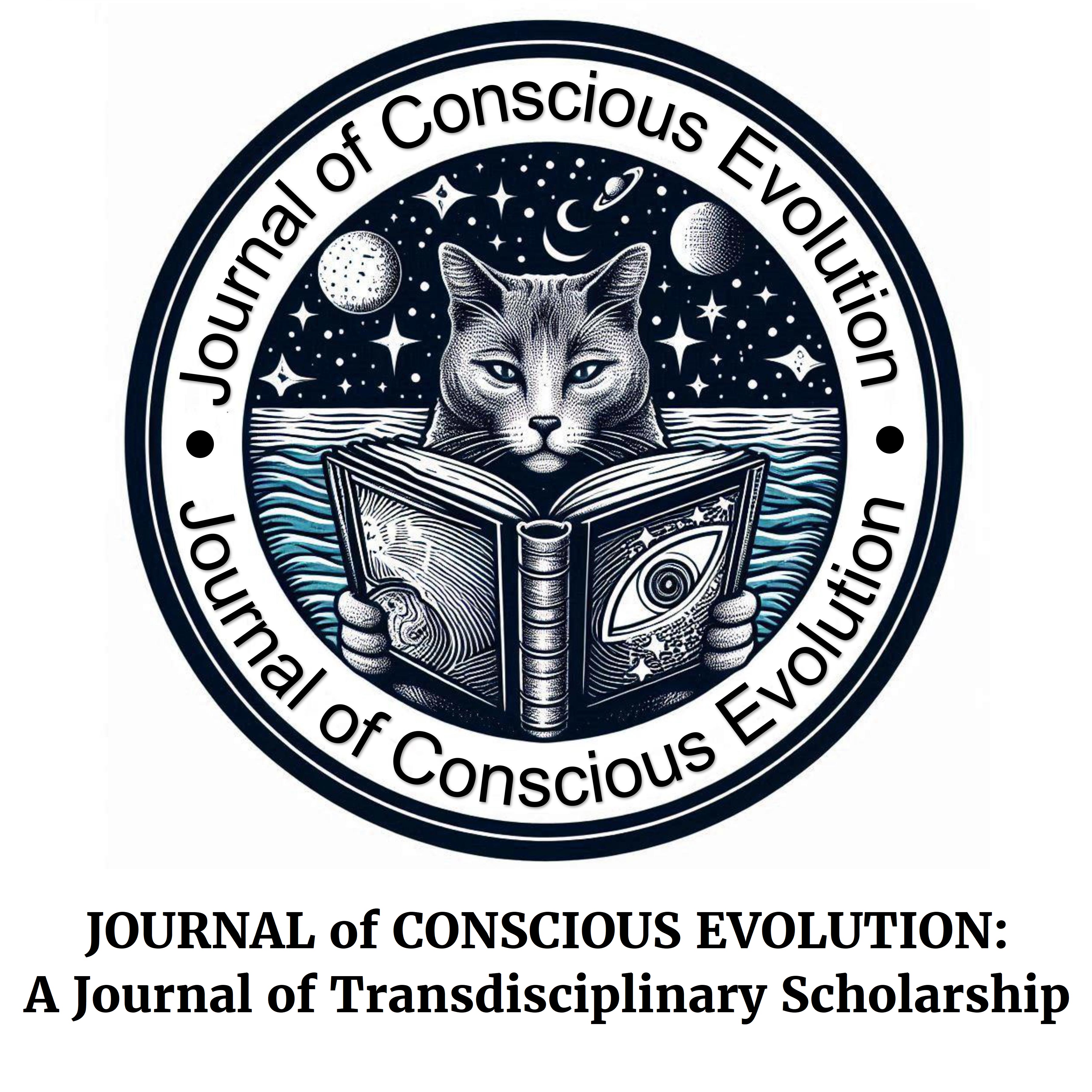
Abstract
This article discusses the concepts of panpsychism, pantheism, and panentheism with the intention of formulating a theory and response to what is referred to as the Hard Problem of Consciousness, the question put forth in the latter 20th century by the philosopher David Chalmers (and by many others historically) concerning why and how we have phenomenal experiences. Panpsychism is the view that the ubiquitous presence of consciousness is an elemental principium of the natural world. Pantheism is defined as a philosophy which equates divinity with all reality. Panentheism asserts that God is intrinsic in all things in the known universe, yet is also separate and autonomous across time and space. The Hard Problem of Consciousness is addressed here in panpsychistic, pantheistic, panentheistic, psychodynamic, spiritual, and religious terms.
Recommended Citation
Engelhardt, B. (2023). Reflections on Panpsychism, Pantheism, Panentheism and The Hard Problem of Consciousness. Journal of Conscious Evolution, 20(20). https://digitalcommons.ciis.edu/cejournal/vol20/iss20/3
Included in
Cognition and Perception Commons, Cognitive Psychology Commons, Social and Philosophical Foundations of Education Commons, Transpersonal Psychology Commons


